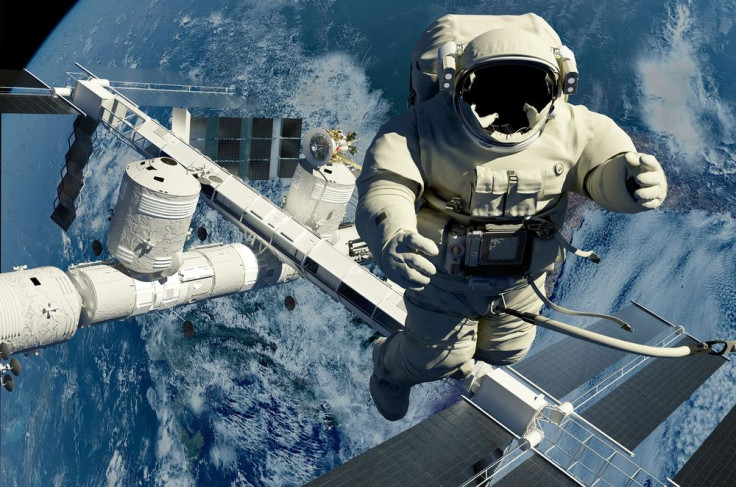Astronauts Often Suffer From Sleep Deprivation, Causing Them To Rely On Prescribed Sleep Medication

Due to confinement, isolation, and the general prospect of danger during space flight, astronauts run the risk of possible physical and psychological side effects before, during, and after a mission. A study conducted by a research team from Brigham and Women's Hospital (BWH) Division of Sleep and Circadian Disorders, Harvard Medical School, and the University of Colorado has revealed that astronauts tend to suffer from sleep deficiency before/during their mission and, in turn, rely on sleep medication.
"Sleep deficiency is pervasive among crew members," Dr. Laura K. Barger, associate physiologist in the BWH Division of Sleep and Circadian Disorders, said in a statement. "It's clear that more effective measures are needed to promote adequate sleep in crew members, both during training and space flight, as sleep deficiency has been associated with performance decrements in numerous laboratory and field-based studies."
For a 10-year period, Barger and her colleagues monitored the sleeping activity of 85 astronauts participating in Space Shuttle or International Space Station (ISS) missions. In total, the research team recorded 4,267 night of sleep on Earth and 4,267 night of sleep in space. Crew members in space flight are scheduled to receive 8.5 hours of sleep each night by NASA. However, astronauts participating in this study took in an average of 6.5 hours of sleep a night during their three month training period meaning their trouble with sleep deficiency started well before launch.
During space flight, astronauts on Shuttle missions got an average of 5.96 hours of sleep while astronauts on ISS missions got an average of 6.09 hours of sleep. Forty-two percent of Shuttle astronauts and 50 percent of ISS astronauts slept seven hours or more upon returning home from space flight, compared 12 and 24 percent during space flight. Around three quarters of both of Shuttle and ISS crew members admitted to taking sleep medications such as zolpidem and zaleplon at some point during the mission. Researchers highlighted U.S. Food and Drug Administration recommendations that sleeping pills should not be used while performing hazardous occupations that require mental alertness and motor coordination.
"Future exploration spaceflight missions to the moon, Mars or beyond will require development of more effective countermeasures to promote sleep during spaceflight in order to optimize human performance,” Dr. Charles Czeisler, chief, BWH Division of Sleep and Circadian Disorders. “These measures may include scheduling modifications, strategically timed exposure to specific wavelengths of light, and behavioral strategies to ensure adequate sleep, which is essential for maintaining health, performance and safety."
Source: Basner M, Czeisler C, Barger L, et al. Prevalence of sleep deficiency and use of hypnotic drugs in astronauts before, during, and after spaceflight: an observational study. The Lancet Neurology. 2014.



























